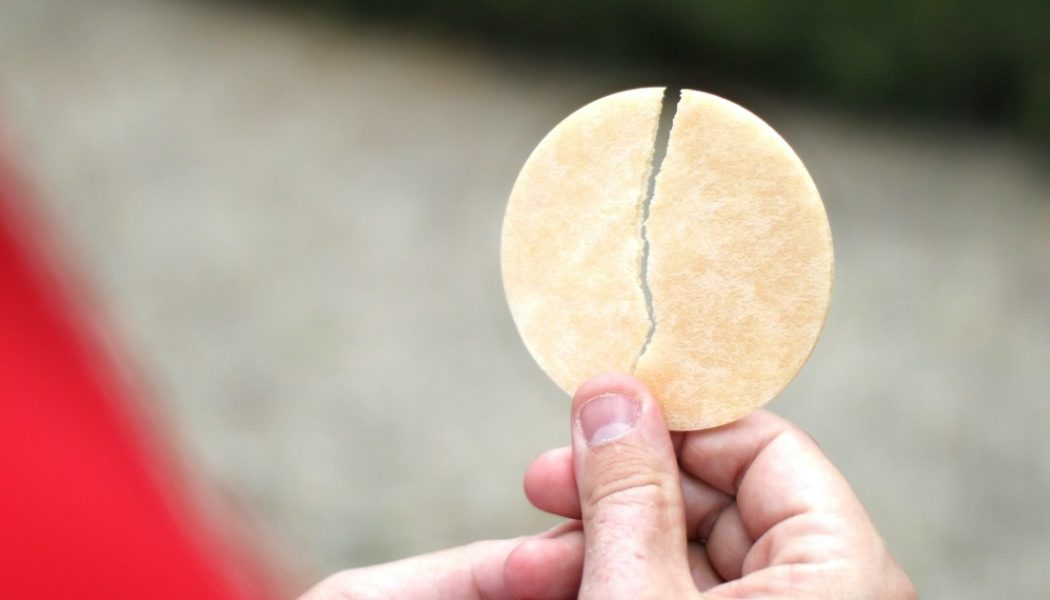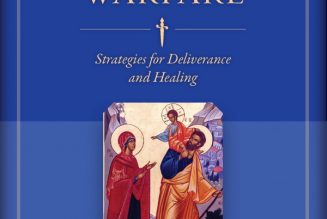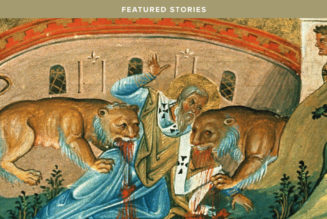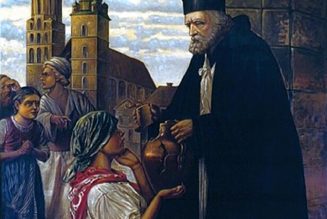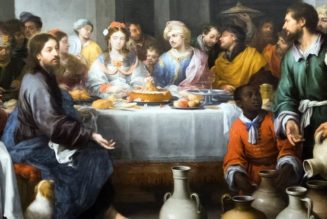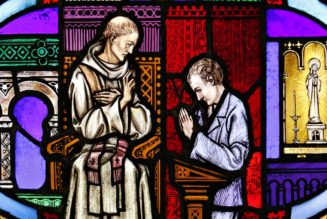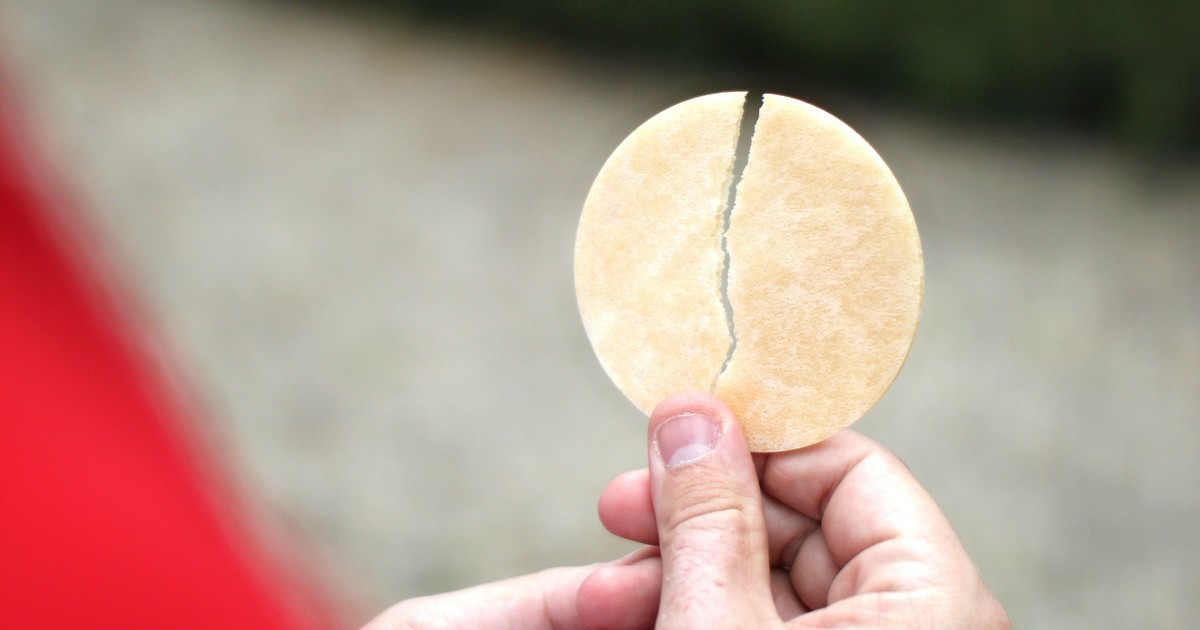
Every year we encounter an unfortunate sacramental rite of passage. I dare say unfortunate because this is how many parents view or worse understand their child’s reception of the body and blood of Christ in the Holy Eucharist for the very first time. As part of this rite of passage I allude to is also the survival of the dreaded First Reconciliation and First Holy Communion parent meeting. Oh, let us not forget the relief of the child making his first reconciliation until the next time, whenever that may be, we may never know.
Christian Maturity
St. John Paul II emphasized that the content of Christian education requires a parent to foster Christian maturity in their children.[1] This statement may be perceived as unrealistic by some, however, the bare sacramental minimum of any parent is to introduce a child to a willful and honest understanding of who God is, the reality that He does exist as we are created in His image and likeness. Because God does indeed love us very much, he wanted to make sure our love for Him would never fade. He was born of a woman named Mary who preserved without sin is Jesus’ holy mother.
Christian maturity requires an awareness of the sacramental gifts a person has received and their intention to actively live out these gifts through a personal and active relationship with Jesus Christ and His Church. This means that any child preparing to receive his First Holy Communion must be gradually introduced to the story of salvation and how he actively fits within God’s divine plan of salvation.
Revelation and the Response of Faith
In an ideal world, a parent would be cultivating an active Catholic world view for their child that consists of the truth, beauty, and goodness of the faith in the home by praying over the child, praying over meals, creating a sacred environment within the home where Jesus Christ is the center of the household, acts of charity-spiritual and corporal works of mercy and finally a parents active witness of a love for Jesus Christ as expressed through an active participation in the sacramental life especially the Mass.
A couple of examples of what a parent can do to create a response of faith are as follows:
- Grow more conscious of the gift of faith which they have received.
- Learn to adore God the Father in spirit and in truth (Jn 4:23)
- Trained to conduct their personal life in true righteousness.
- Fullness in Christ (Eph 4:13)
- Build up the mystical body of Christ.
- Have hope. (1 Pt 3:15)
A Eucharistic Proclamation
The following list of Eucharistic proclamations are meant to provide any parent who is interested about conveying the true presence of Christ in the Holy Eucharist to their child how important the sacrament of the Holy Eucharist is in the life of any Catholic who desire a trusting relationship with Jesus Christ:
Behold the Lamb of God, who takes away the sins of the world.[2]
Whoever eats me flesh and drinks my blood has eternal life, and I will raise him up on the last day. For my flesh is true food and my blood is true drink.[3]
While they were eating, he took the bread, said the blessing, broke it, and gave it to them, and said, ‘Take it; this is my body.’ Then he took the cup, gave thanks, and gave it to them, and they all drank from it. He said to them, ‘this is my blood of the covenant which will be shed for many.[4]
“Therefore, whoever eats the bread or drinks the cup of the Lord unworthily will have to answer for the body and blood of the Lord. For anyone who eats the bread and drinks without discerning the body, eats and drinks judgment on himself.[5]
St. Justin Martyr
“And this food is called among us the Eucharist . . . For not as common bread and common drink do we receive these, but . . . we have been taught that this food . . . is the flesh and blood of that Jesus who was made flesh”
First Apology, 65-a67
St. Augustine
“The bread which you see on the altar, once it is sanctified by the word of God, is the body of Christ. And that chalice, or rather what the chalice contains, once it is sanctified by the word of God, is the blood of Christ.”
Sermon 227
St. Thomas Aquinas
The Eucharist has a three-fold significance:
One: In relation to the past, it is the memorial of the Passion and death of Christ and is called the ‘Sacrifice,’ Two: in relation to the present, it is the source of unity among the faithful and is called “Communion”; and Three: in relation to the future, it signifies the pathway to heaven and is called ‘Viaticum’
Summa Theologiae, I-II, 73, 4
How should a parent proclaim the importance of the true presence of Christ in the Holy Eucharist, here’s an example:
Today is the day! Today is the day you will encounter your Lord and Savior Jesus Christ in such a beautiful way! Today is the day that you will literally receive Him in the form of consecrated bread and wine just like He gave the Apostles at the Last Supper. Today is the day that you will encounter His love for you because He died for you! He died for you because He loves you and He wants to see you in Heaven one day! Today is the day where you will say Amen when you receive Jesus Christ for the very first time. This is the day where you receive the most beautiful gift God can offer you, His Son Jesus Christ. Today is the day where your Father in Heaven tells you to come to Him through His Son Jesus Christ. Today is the day where you fall in love with Jesus Christ forever!
Amen!
Join Our Telegram Group : Salvation & Prosperity
